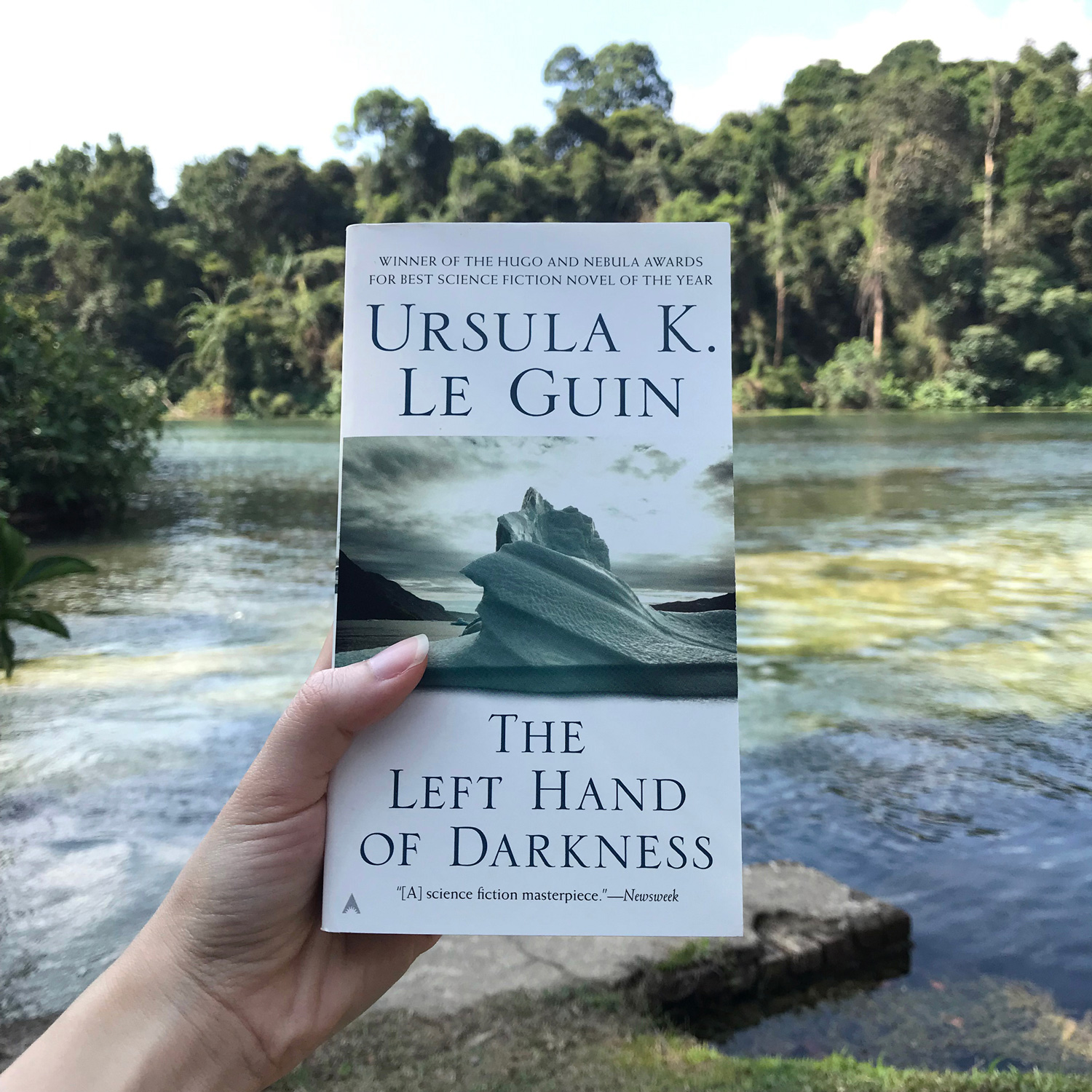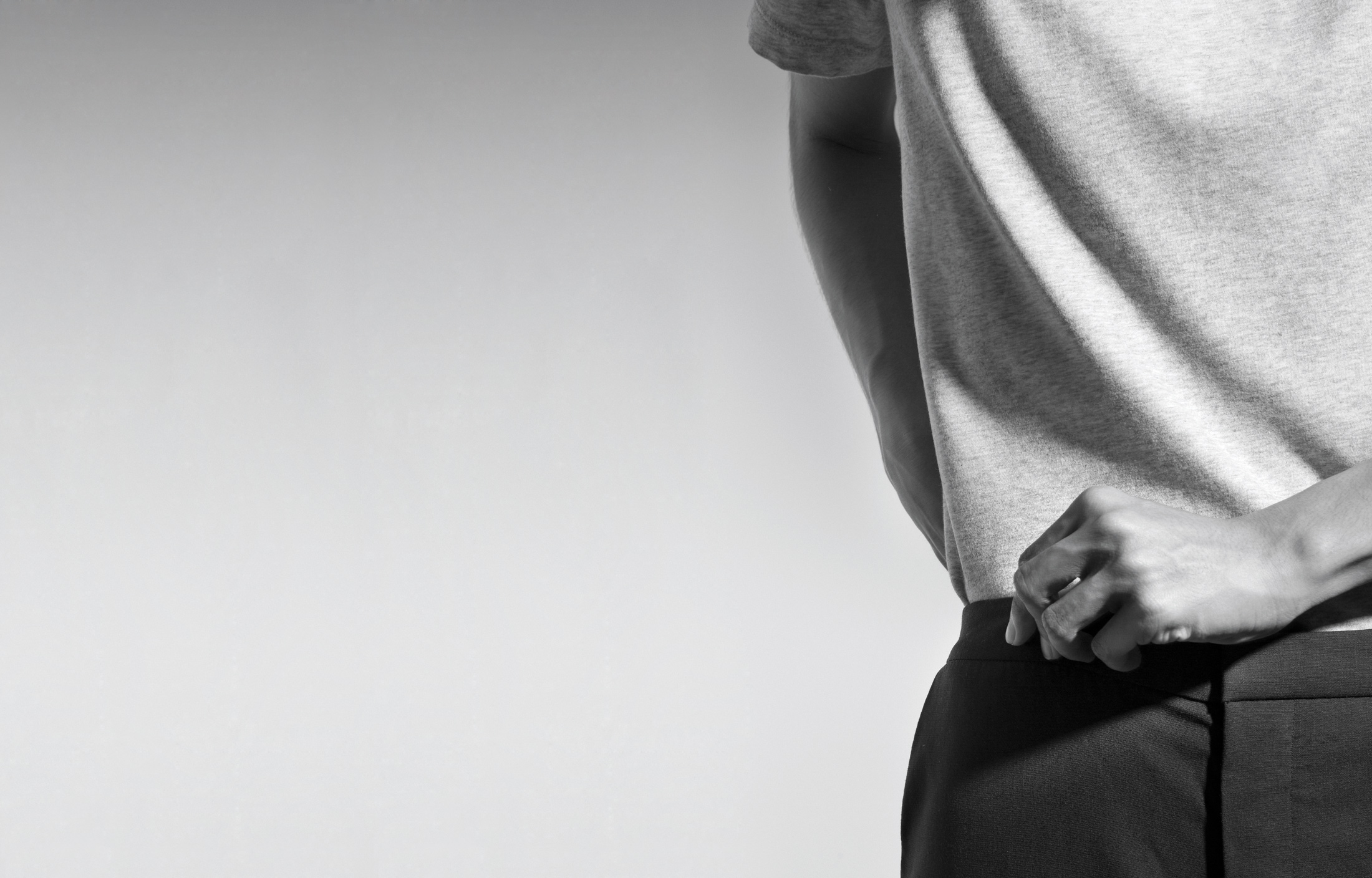Thankfully, it has become increasingly accepted and expected to ask people what their pronouns are. It is an act of kindness and respect to be unassuming and welcoming, with the understanding that not everyone is familiar with non-binary (they/them) pronouns. We all deserve to feel comfortable in our skins, and this extends to casual conversations occurring throughout the day. There are ways to ask a person’s pronouns without overt emphasis. For example, rather than asking someone what their “preferred” pronouns are, simply ask for their pronouns. A casual way to slide this in conversation is by introducing yourself. When meeting someone new, add your pronouns right after your name—“Hi, my name is _. My pronouns are she/her/hers.” In declaring yours, people feel more comfortable reciprocating the greeting. If not, you can ask them to share after you state your own.
More than mere tolerance, acceptance is incredibly important to creating a more inclusive world. This act of care to take the time to learn about someone else, with both mindfulness and genuine intention, is always appreciated. Doing your own research is an act of kindness as well, there are many books available that unpack the dos and don’ts of learning about pronouns, such as What’s Your Pronoun by Dennis Baron.




